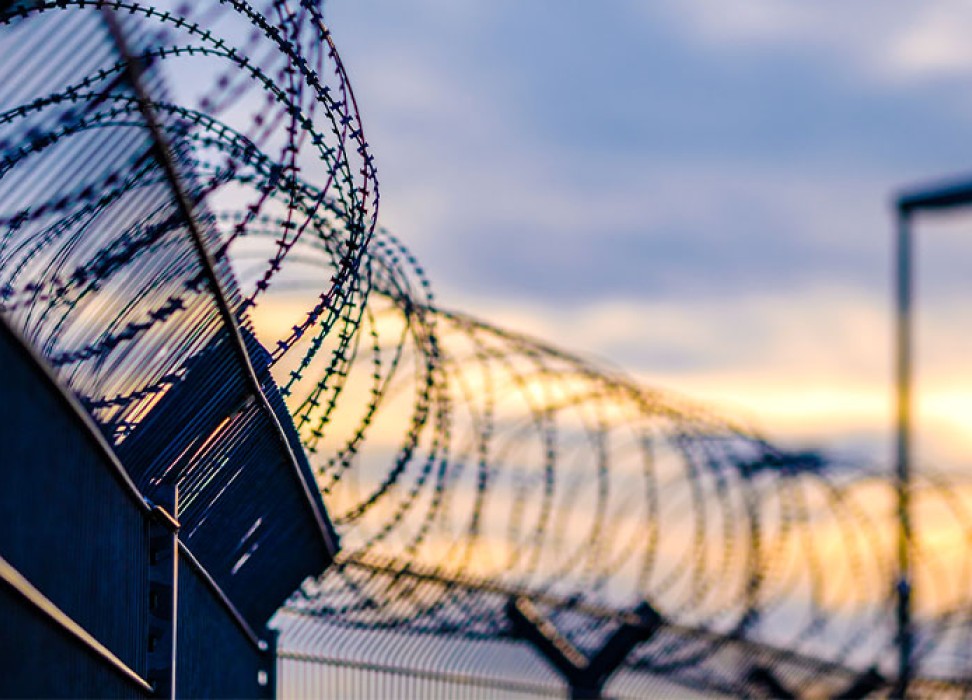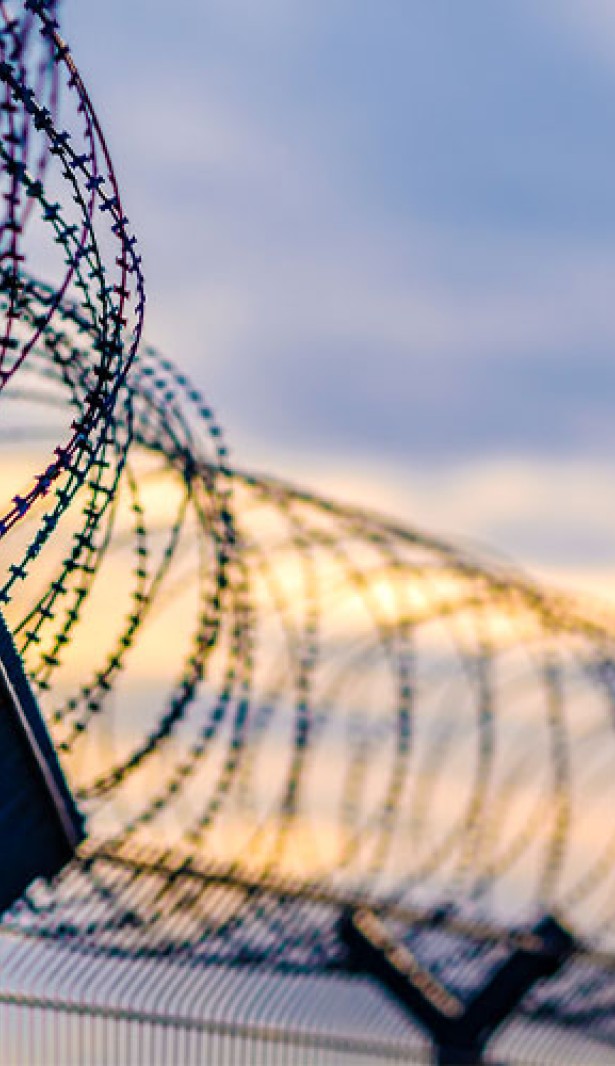Towards the prevention of torture in Iraqi detention facilities
05 October 2021

"It was the same routine, every day hanging me up and beating me," said Ahmed,* a detainee held in an Iraqi prison. "There are things they did to me there that I am too ashamed to talk about."
Ahmed was interviewed for a recent report on torture prevention in places of detention in Iraq. Produced by the UN Assistance Mission in Iraq (UNAMI), together with UN Human Rights, its findings were based on interviews with 235 Iraqi people deprived of their liberty.
Although Iraq is party to several international treaties that prohibit torture and ill-treatment, more than half of all detainees interviewed for the report provided credible and reliable accounts of torture. The reality of torture's existence was also confirmed through various confidential interviews with Iraqi judges, lawyers and medical practitioners.
As one lawyer stated: "Perpetrators are not really afraid about the consequences of torture since they know they will not be punished by the official system."
Based on an analysis of risk factors for torture, the report highlights many troubling findings about investigation practices and conditions inside Iraqi facilities. Interrogations by security forces are generally aimed at eliciting confessions and often use coercion, for example, and access to a lawyer is systematically delayed until after suspects have been interrogated.
Of concern also is that medical screenings of detainees upon arrival to a facility to detect prior ill-treatment are not standard practice.
Beyond allegations, towards prevention and accountability
While the recent report details horrific accounts of torture in Iraqi facilities, Danielle Bell, Chief of the Human Rights Office at UNAMI, says that UN Human Rights aims to "move beyond" debating the existence or extent of these practices and instead focus on supporting Government efforts to strengthen compliance with the international and national legal framework.
"The ultimate goal is to reduce the likelihood of torture or ill-treatment ever occurring", said Ms Bell, noting that independent monitoring of places of detention is crucial in this process.
"As torture almost always takes place in secret, greater transparency and openness concerning what takes place in detention facilities, which includes access by independent monitoring bodies, are significant steps towards prevention," she said.
"It not only removes opportunities for torture to occur but also protects authorities from unfounded allegations."
Among a number of recommendations, the report urges Iraq to consider adopting a comprehensive Anti-Torture Law and Policy, to strengthen training for officials involved in custody and interrogation of detainees, and to urgently review interrogation rules and practices.
Ongoing dialogue with Iraqi and Kurdish authorities
Since the report's release, UNAMI staff have been engaging in constructive dialogue with Iraqi and Kurdish authorities and other stakeholders, including the Iraqi Bar Association and key civil society organizations, to encourage concrete steps in order to strengthen compliance with safeguards to prevent torture.
While there have been positive outcomes such as expressed commitment by authorities to fully investigate torture allegations, other hurdles are still to be overcome. Just last month, a planned visit by UN Human Rights to Nasiriyah Central Prison, a facility notorious for its dire conditions, was cancelled at the last minute and to date, there is no news about when and if access will be granted.
"Recent public outcries over reports of torture, including in Babil, Baghdad, Basra and Kirkuk, have shown the urgency to tackle this issue," added Ms Bell.
"The UNAMI Human Rights Office continues to work with the Iraqi Government in its endeavour to prevent torture and ensure accountability."
*Name changed for protection purposes
Non-official UN languages :
Kurdish




